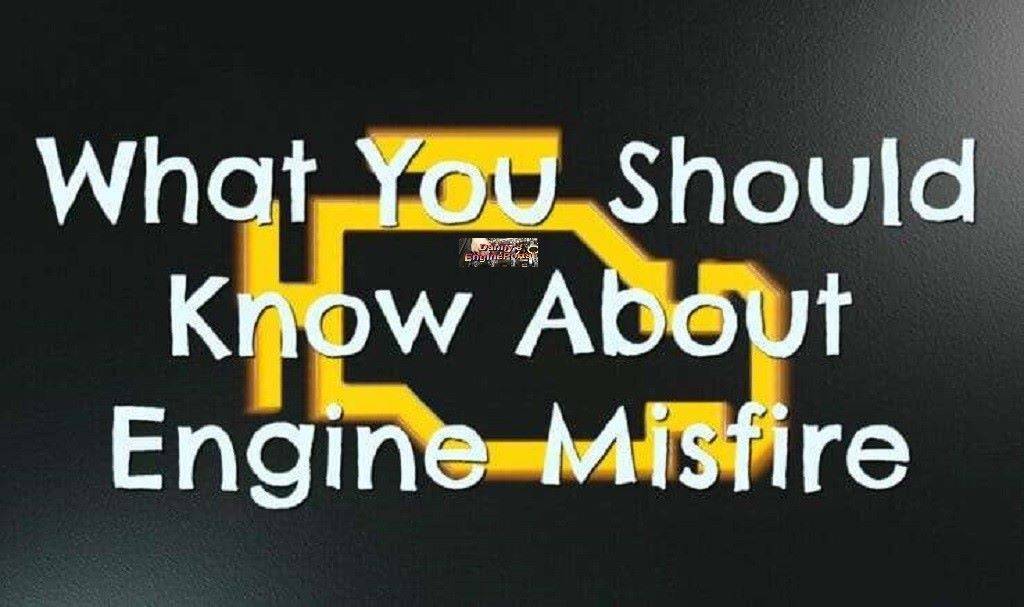
“Choose Your Misfires Help Topic Below”
- Engine Misfires: Learn What Can Cause Them, And The Damage
- Engine Misfire Issues: Causes, Symptoms And Solutions
- Mechanical Engine Misfires – What Are They – How To Find Them
- Automotive Engine Valves: Function, Failure, and Testing
- Rough Engine Idle and Misfires When Cold: GM V8 Engines
- Engine Misfire Causes – Taking The First Steps To Diagnose Them
- Low Compression Causing Misfires – Is It A Mechanical Malfunction
- Carbon Deposits in Engines: Causes, Effects, and Prevention
- Engine Misfiring – What Can Cause It – Tracking Down The Problem
- Spark Plug Health Is Directly Linked, To Your Engines Performance
- Engine Stalling – Proper Troubleshooting And Maintenance
- Oil Leak In Spark Plug Well – Know The Signs – What Can Happen
- Engine Surging: Causes and Solutions
- Engine Hesitation – What Is It, What Can Cause It, Diagnosing It
- Engine Stalling Issues – Now You Question Your Vehicle’s Reliability
- Sticking Valves Because Of Carbon Deposits And Rich Fuel Mixture
- Engine Compression – What Can Cause, Low Or No Compression
- Fuel System Related Problems – Not Always Easy To Solve
Engine misfires occur when a cylinder fails to produce power due to a lack of spark, compression, or fuel.
Common Causes Include:
- Faulty spark plugs
- Ignition coils for spark issues
- Damaged piston rings or head gaskets for compression problems
- Clogged fuel injectors or bad gas for fuel-related misfires
Spark (Ignition)
Faulty spark plugs:
Worn out or fouled spark plugs fail to create a strong enough spark to ignite the air-fuel mixture.
Bad ignition coil:
A failing coil cannot provide the necessary high voltage to the spark plug, causing a weak or nonexistent spark.
Worn spark plug wires:
Old or damaged wires can cause misfires, especially if there’s a gap where the spark can jump before reaching the plug.
Compression (Mechanical)
Worn piston rings:
These rings seal the cylinder. If they are worn, the air-fuel mixture will leak out during the compression stroke.
Leaking head gasket:
A blown or compromised head gasket can cause a loss of compression in one or more cylinders.
Damaged valves or seals:
A valve that doesn’t seal properly or a damaged valve guide can also lead to a loss of compression.
Fuel
Clogged fuel injector:
A dirty or clogged injector can’t deliver the correct amount of fuel into the cylinder, causing the mixture to be too lean.
Bad fuel:
Poor quality gasoline can clog the fuel system or lead to misfires.
Vacuum leaks:
Leaks in hoses or gaskets can let extra air into the system, disrupting the proper air-to-fuel ratio.
Thank You !!
